Faced with the climate crisis, France has made a commitment to achieve carbon neutrality by 2050. This means abandoning fossil fuels in less than thirty years: gas, oil, etc.
in favor of carbon-free energy.
The solution will of course be achieved through greater sobriety: our spending must decrease by 40% by 2050 (1) by means of a more effective fight against waste.
But that will not be enough: all the scenarios studied by the RTE electricity network manager for the 2050 trajectory envisage an increase in national electricity consumption.
France has 90% carbon-free electricity (2)
In this context, France is starting with certain advantages. It is fortunate to have 90% carbon-free electricity (compared to less than 40% in China) thanks to nuclear power and renewable energies. World leader in nuclear power, EDF benefits from decades of expertise which enables it to offer French people carbon-free electricity at an attractive cost. The company is also
the leading European producer of electricity using renewable energies (3)
- mainly hydraulic, wind and solar - essential components of a low-carbon mix. Nuclear power is also flexible according to supply and demand, which compensates for the intermittent nature of these renewable sources of electricity.
Result: in 2020, a kWh supplied by EDF emits five times less CO2 than the European average (4) and eight times less than the world average.
Between 1990 and 2016,
EDF reduced its CO2 emissions in France by three
due to the closure of ten coal units.
95% of EDF's investments aim for carbon neutrality (5)
EDF's environmental responsibility is not limited to its own emissions, but extends to those of its customers.
This is the group's position, which, for buildings, the sector that generates the most CO2, is thus supporting the structuring of a French heat pump sector, intended to replace fuel oil and gas boilers in an environmentally friendly manner.
In transport, which emits a third of polluting gases, EDF promotes the development of electric vehicles by installing charging stations.
The road to neutrality will be long.
EDF has understood this, which now devotes 95% of its investments to research and development in France.
Energy is our future, save it.
(1) RTE Energy Futures 2050 report.
(2) EDF group's electricity production mix: 76.5% nuclear, 13.6% renewable energies, 8.4% gas, 0.4% coal and 1% fuel oil. Source EDF 2020: Universal registration document.
(3)
Source: PwC study Climate change and electricity, European carbon factor, Comparison of CO2 emissions from the main European utilities (December 2020).
(4) Direct emissions, excluding life cycle analysis of means of production and fuels. Source EDF 2020: Universal registration document.
(5) EDF Impact Report 2021





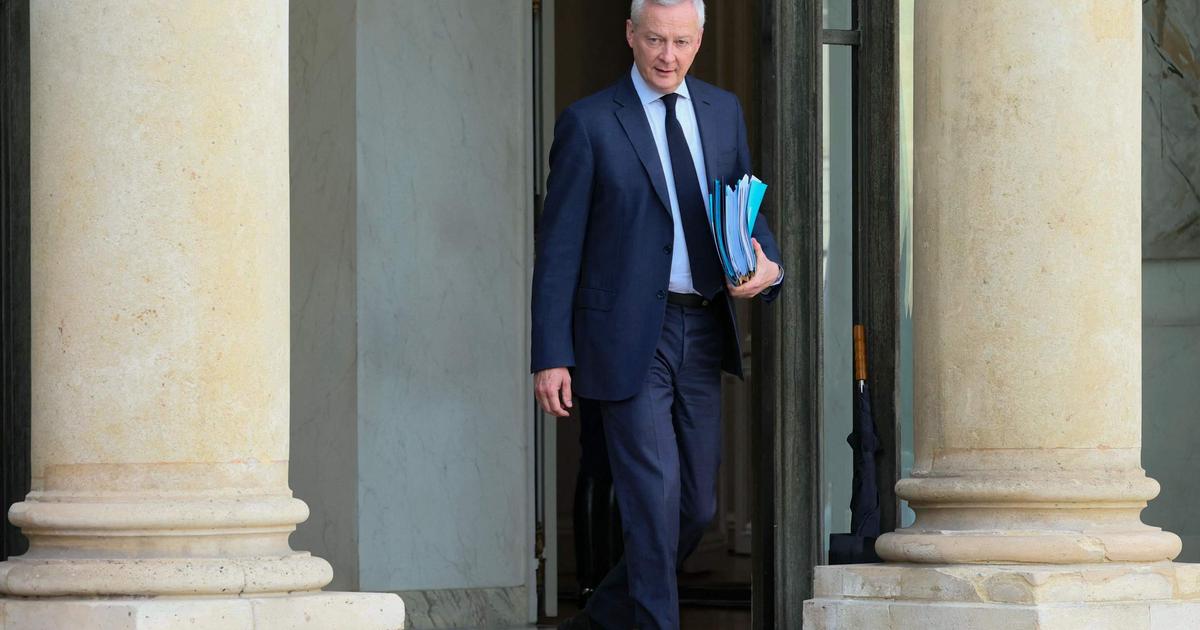
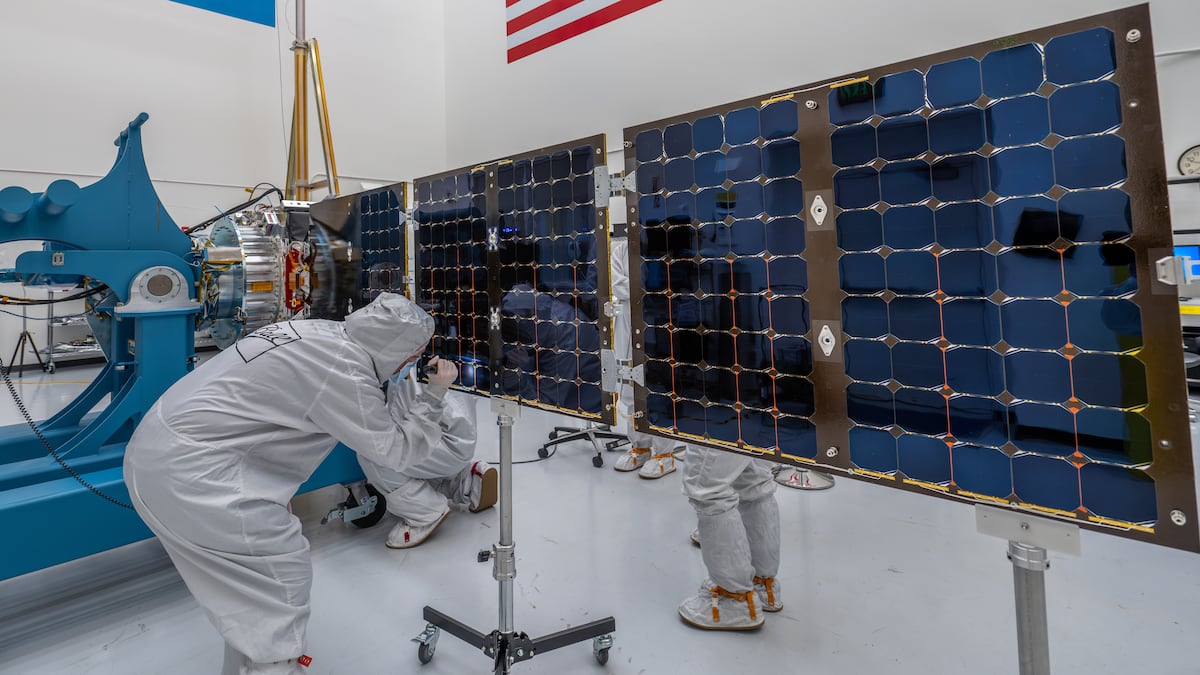
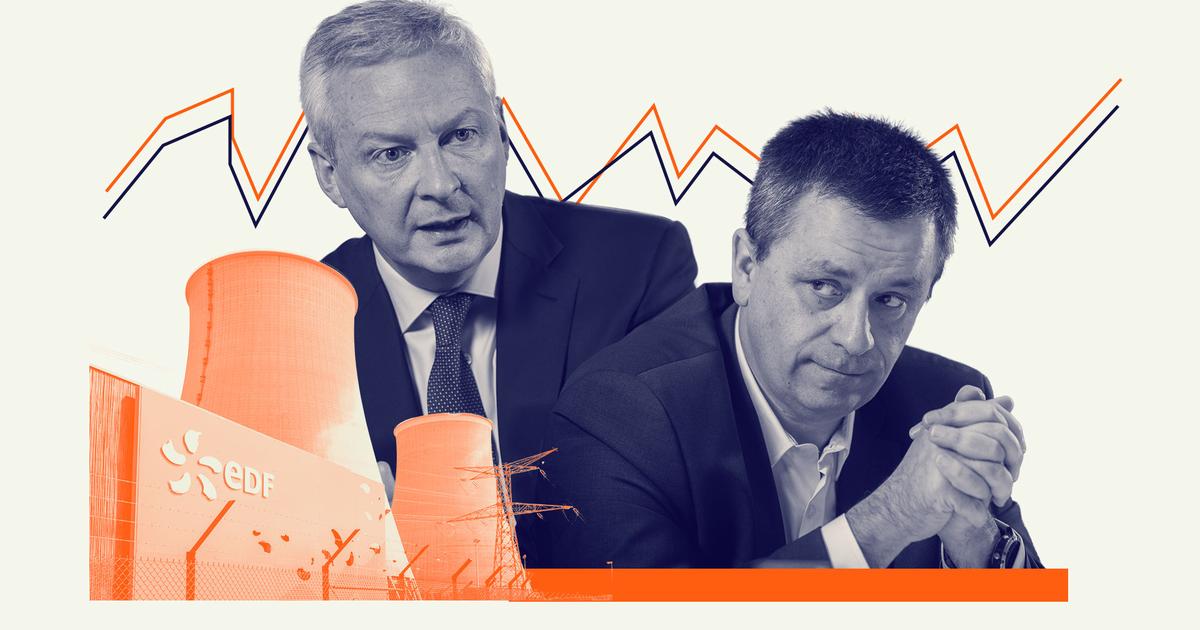
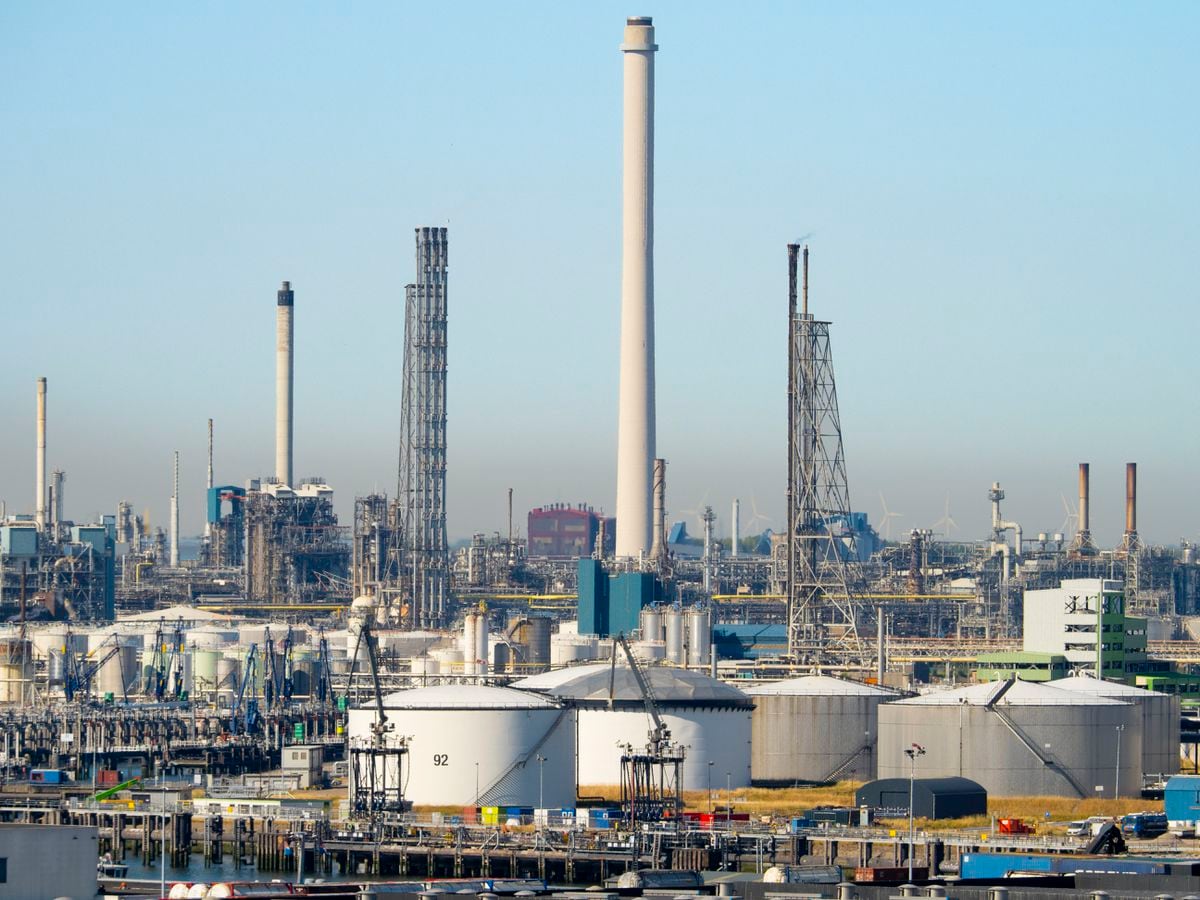
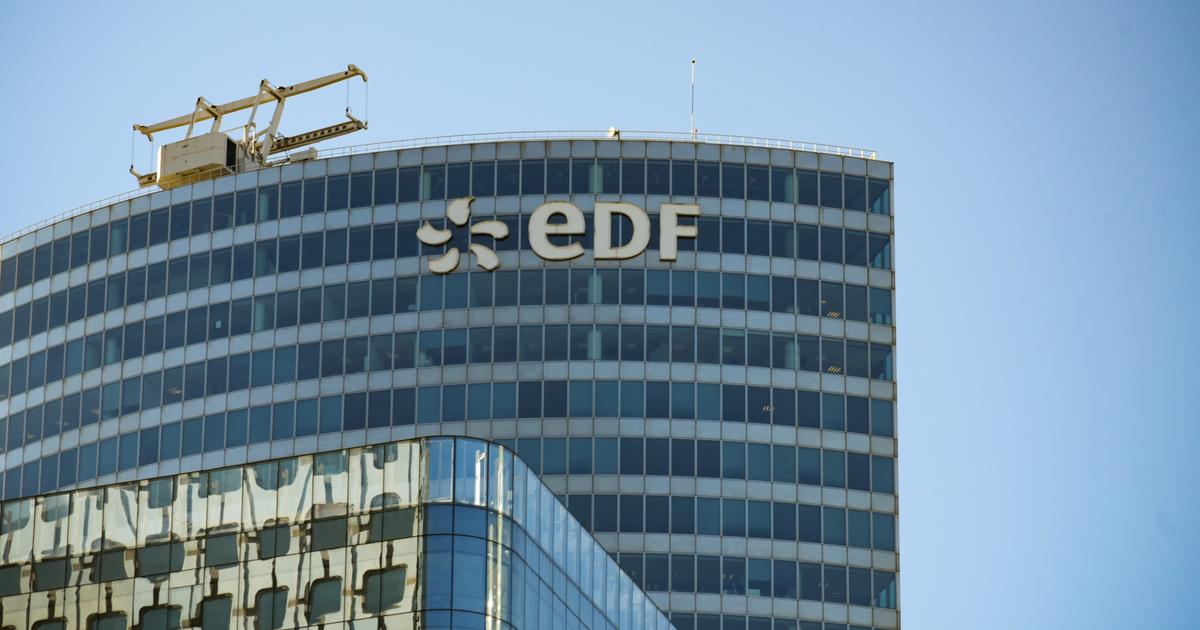
/cloudfront-eu-central-1.images.arcpublishing.com/prisa/2C5HI6YHNFHDLJSBNWHOIAS2AE.jpeg)




